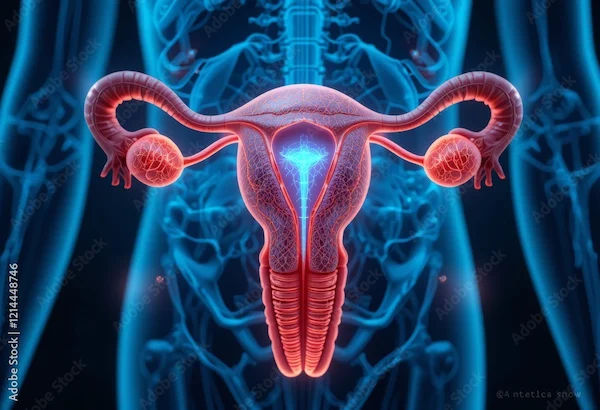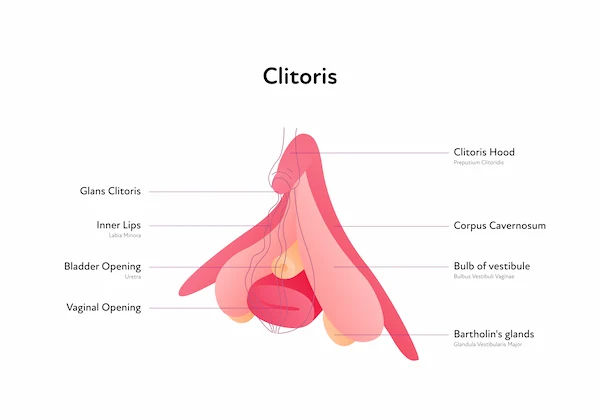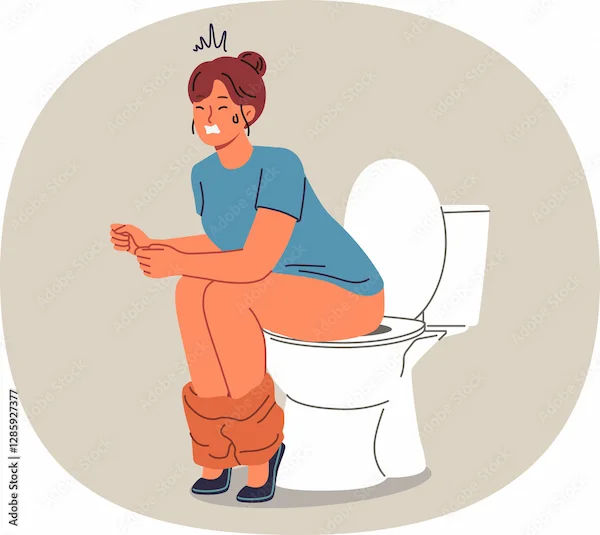Why Not Remove Ovaries During Hysterectomy?
Wondering why ovaries are often preserved during a hysterectomy? Learn the health benefits of keeping your ovaries and when removal may be necessary.

Written by Dr.Sonia Bhatt
Last updated on 8th Jul, 2025

Introduction
A hysterectomy is a common surgical procedure where the uterus (womb) is removed, often to treat conditions like fibroids, endometriosis, or heavy menstrual bleeding. However, many women wonder why their ovaries are sometimes left intact during this surgery. If you’ve had this question, you’re not alone! Let’s explore why doctors often recommend keeping the ovaries unless absolutely necessary.
Understanding the Role of Ovaries
The ovaries are small, almond-shaped organs that play a crucial role in a woman’s health. They produce essential hormones like oestrogen and progesterone, which regulate:
Menstrual cycles
Bone strength
Heart health
Mood and cognitive function
Removing the ovaries—a procedure called oophorectomy—can lead to sudden hormonal changes, similar to menopause, even in younger women.
Consult Top Specialists for Personalised Health Advice
Why Are Ovaries Preserved During Hysterectomy?
Preserving the ovaries may offer several health benefits, particularly for women who have not yet reached menopause.
1. To Maintain Natural Hormone Production
If a woman hasn’t reached menopause, keeping the ovaries allows her body to continue producing hormones naturally.
Early removal can lead to surgical menopause, causing symptoms like hot flashes, mood swings, and vaginal dryness.
2. To Protect Long-Term Health
Bone Health: Oestrogen helps maintain bone density. Removing ovaries increases the risk of osteoporosis.
Heart Health: Lower oestrogen levels may raise the risk of heart disease.
Brain Health: Some studies suggest that early ovary removal might affect memory and increase dementia risk.
3. Avoiding Unnecessary Surgery
If the ovaries are healthy, removing them doesn’t provide any benefit and may cause more harm than good.
When Are Ovaries Removed During Hysterectomy?
While preserving ovaries is ideal, there are cases where removal is necessary, such as:
High risk of ovarian cancer, due to family history or genetic mutations like BRCA.
Severe endometriosis affecting the ovaries.
Ovarian cysts or tumours that are suspicious or cancerous.
In such cases, doctors carefully weigh the risks and benefits before recommending removal.
What Happens If Ovaries Are Removed?
If the ovaries are taken out, women may experience:
Sudden menopause symptoms like hot flashes, night sweats or mood changes.
Increased risk of osteoporosis and heart disease.
Possible need for hormone replacement therapy (HRT) to manage symptoms.
Tips for Managing Health After Hysterectomy
Whether your ovaries are removed or not, here are some ways to stay healthy:
1. If Ovaries Are Kept:
Continue regular pelvic exams to monitor ovarian health.
Maintain a balanced diet rich in calcium and vitamin D for bone strength.
Stay active with weight-bearing exercises (walking, yoga) to support bones and heart.
2. If Ovaries Are Removed:
Discuss hormone replacement therapy (HRT) with your doctor to ease menopausal symptoms.
Get regular bone density scans to check for osteoporosis.
Follow a heart-healthy diet (low in processed fats, high in fruits and vegetables).
When to Consult a Doctor?
If you’re considering a hysterectomy or have concerns about ovary removal, talk to your doctor about:
Your personal risk factors, like family history of cancer or existing health conditions.
The pros and cons of keeping or removing ovaries.
Alternative treatments if surgery isn’t urgent.
If you’re unsure about your options, you can consult a gynaecologist on Apollo 24|7 for personalised guidance.
Final Thoughts
While hysterectomy can be life-changing for many women, preserving the ovaries when possible helps maintain long-term health. Every woman’s situation is unique, so discussing your concerns with a doctor ensures the best decision for your well-being.
Would you like to schedule a consultation or learn more? Visit Apollo 24|7 for expert advice and support.
Consult Top Gynaecologists
Consult Top Specialists for Personalised Health Advice

Dr. Veena H
Obstetrician and Gynaecologist
16 Years • MBBS DGO
Bangalore
Apollo 24|7 Clinic - Karnataka, Bangalore

Dr Swatika Kumari
Obstetrician and Gynaecologist
19 Years • MBBS, DGO, DNB Obstetrics & Gynaecology
Nashik
Apollo 24|7 Clinic - Maharashtra, Nashik

Dr. Priyanka Surisetty
Obstetrician and Gynaecologist
8 Years • MBBS, DGO
Visakhapatnam
Apollo 24|7 Clinic - Andhra Pradesh, Visakhapatnam

Dr. Parul Sharma
Obstetrician and Gynaecologist
8 Years • MBBS, MS (Obstetrics & Gynaecology)
New Delhi
THE DOCTORS NESST, New Delhi

Dr. Asha Rani Singh
Obstetrician and Gynaecologist
24 Years • MBBS DGO
Delhi
Dr Asha Rani Singh Clinic, Delhi
Consult Top Gynaecologists

Dr. Veena H
Obstetrician and Gynaecologist
16 Years • MBBS DGO
Bangalore
Apollo 24|7 Clinic - Karnataka, Bangalore

Dr Swatika Kumari
Obstetrician and Gynaecologist
19 Years • MBBS, DGO, DNB Obstetrics & Gynaecology
Nashik
Apollo 24|7 Clinic - Maharashtra, Nashik

Dr. Priyanka Surisetty
Obstetrician and Gynaecologist
8 Years • MBBS, DGO
Visakhapatnam
Apollo 24|7 Clinic - Andhra Pradesh, Visakhapatnam

Dr. Parul Sharma
Obstetrician and Gynaecologist
8 Years • MBBS, MS (Obstetrics & Gynaecology)
New Delhi
THE DOCTORS NESST, New Delhi

Dr. Asha Rani Singh
Obstetrician and Gynaecologist
24 Years • MBBS DGO
Delhi
Dr Asha Rani Singh Clinic, Delhi



.webp)